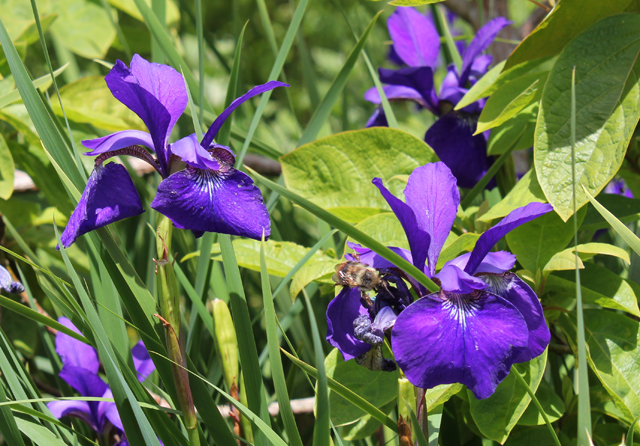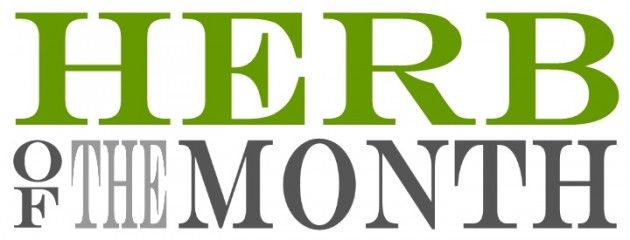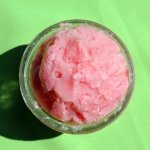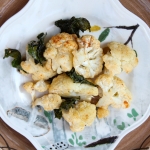Blue Flag (Iris versicolor)
useful for slow digestion, fat maldigestion, eczema, liver detox, and pretty skin


Whenever I work on these herb of the month articles, I end up all googly eyed over the particular herb. This month, I’m swooning for blue flag, known botanically by it’s beautiful latin name, Iris versicolor. I am currently so mesmorized by this blue flowering plant that I want to start taking it right now. It’s an all around gentle herb, not a bulldozer herb, and maybe I want it because it’s an herbal sailboat that carries beauty to the skin.
Although this plant looks like one of the iris posies in my pappy’s flower bed, it prefers to live in moist conditions such as meadows, alongside streams, and marshes. It is indigenous in the northern parts of North America and the southern parts of Europe, and it has been used historically by several Native American tribes. The medicinal part of blue flag is it’s rhizome, an underground stem.
Gentle Digestive Stimulant
In naturopathic medicine, Iris versicolor is known as a bitter herb, although not all herbalists recognize it as such (David Hoffman does not mention that it is a bitter in his book, Medical Herbalism). Bitter herbs are digestive stimulants because they taste bitter. You can also call them “bitters” instead of “bitter herbs”. The bitter taste stimulates digestion from the mouth to the anus. Watch out though! Your tongue may not agree with the taste. Bitters are supposed to taste nasty. That’s why they work. Iris versicolor is a middle of the ground bitter. It’s not as bitter as gentian, yet it’s more bitter than chamomile and bog bean.
Skin Secret #1: Clears Up Skin Via the Liver
Here’s a little beauty secret: clear your liver and clear your skin. Blue flag is a gentle liver detoxifier, which is why it’s a little cleaning sailboat for your skin. When it comes to the skin, it is most known for the treatment of eczema and psoriasis, but it may also help in the treatment of acne. It is especially useful for skin conditions linked to poor digestion.
Skin Secret #2: Aids in Fat Digestion
Iris versicolor is a good herb to think of when there’s trouble with fat digestion. Maldigestion of fats can affect the digestion of fat soluble vitamins such as vitamin D and A. Both of those vitamins can make your skin pretty. Poor fat digestion can also impair your body’s ability to absorb good fats (ex: omega-3 fatty acids), which also make for beautiful skin.
Cautions & Tips
- Avoid use in pregnancy.
- Large doses can produce severe diarrhea or gastroenteritis.
- If using as a digestive stimulant, use a form of the herb that can be tasted (tincture or decoction).
If you would like to start taking blue flag, please consult your naturopathic doctor. A licensed healthcare practitioner can tailor the dose according to your needs.
Resources:
1 Kingsbury, Sheila. Botanical Medicine II. Bastyr University. Fall 2007.
2 Hoffman, David. Medical Herbalism: The Science and Practice of Herbal Medicine. Healing Arts Press, 2003.
3 Sherman, John A. The Complete Botanical Prescriber. 1993.
Enjoy More Archerfriendliness
I still remember when my interstitial cystitis symptoms came to a head. I had been noticing ongoing bladder pain after I drank coffee for several months, but this time, it felt like I had a t...
If you want easy, this is easy. You don't have to get off your butt, make a kale green smoothie, or stop drinking coffee. Well, maybe you should be doing all that. But if you're going to do at leas...
A lifetime of living with undiagnosed food reactions can cause irreversible health problems. This doesn't have to happen to your beautiful baby. The tips below give you the tools you need to pre...








Rose
July 6th, 2012 at 1:04 pm
What part of the Iris is used to make a treatment for psoriasis and eczema? I have both and would love to try something besides the prescribed lotions!
Reply
Dr. Archer
July 6th, 2012 at 11:22 pm
Hi Rose! That is an excellent question. I totally forgot to mention the medicinal part of the plant. It is the rhizome! I put it in the post. :)
Reply